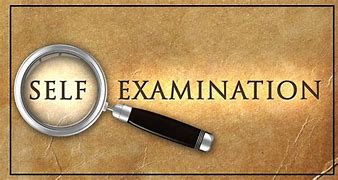
Self-Check for Early Cancer Detection: Tips for Breast, Skin, and Testicular Cancer
Susan FlowersShare
Self-checks can be valuable for detecting certain types of cancer early, but they should not replace regular screenings or medical consultations. Here are some cancers you can self-check for and how to do it:
Breast Cancer:
Perform a breast self-exam (BSE) monthly, ideally a few days after your period ends.
Stand in front of a mirror and visually inspect your breasts for changes in size, shape, or skin texture.
Use your fingers to feel for any lumps or abnormalities in the breast tissue, underarms, and around the collarbone.
If you notice any changes such as new lumps, nipple discharge, dimpling, or redness, consult a doctor promptly.
Skin Cancer:
Conduct regular skin self-exams to check for new or changing moles, lesions, or spots on your skin.
Use a full-length mirror to examine your entire body, including hard-to-see areas like the scalp, back, and between toes.
Look for asymmetrical, irregularly shaped, or multicolored moles, as well as lesions that change in size, shape, or texture.
Use the "ABCDE" rule to identify potentially concerning features: asymmetry, border irregularity, color variation, diameter larger than a pencil eraser, and evolving characteristics.
If you notice any suspicious changes in your skin, consult a dermatologist for further evaluation.
Testicular Cancer:
Perform testicular self-exams (TSE) monthly, ideally after a warm shower when the scrotum is relaxed.
Hold each testicle between your thumb and fingers and roll it gently to feel for any unusual lumps, swelling, or changes in texture.
Note any differences between the two testicles or any discomfort or pain.
If you detect any abnormalities, such as new lumps, hardness, or enlargement, seek medical attention promptly.
When to Call a Doctor:
If you notice any changes or abnormalities during a self-check, such as new lumps, skin changes, or unusual symptoms, it's essential to consult a doctor promptly for further evaluation and appropriate diagnostic tests.
Additionally, if you have a family history of cancer or other risk factors, such as age or lifestyle factors, discuss appropriate screening measures and preventive strategies with your healthcare provider. Regular screenings and medical consultations are crucial for early detection and optimal management of cancer.
